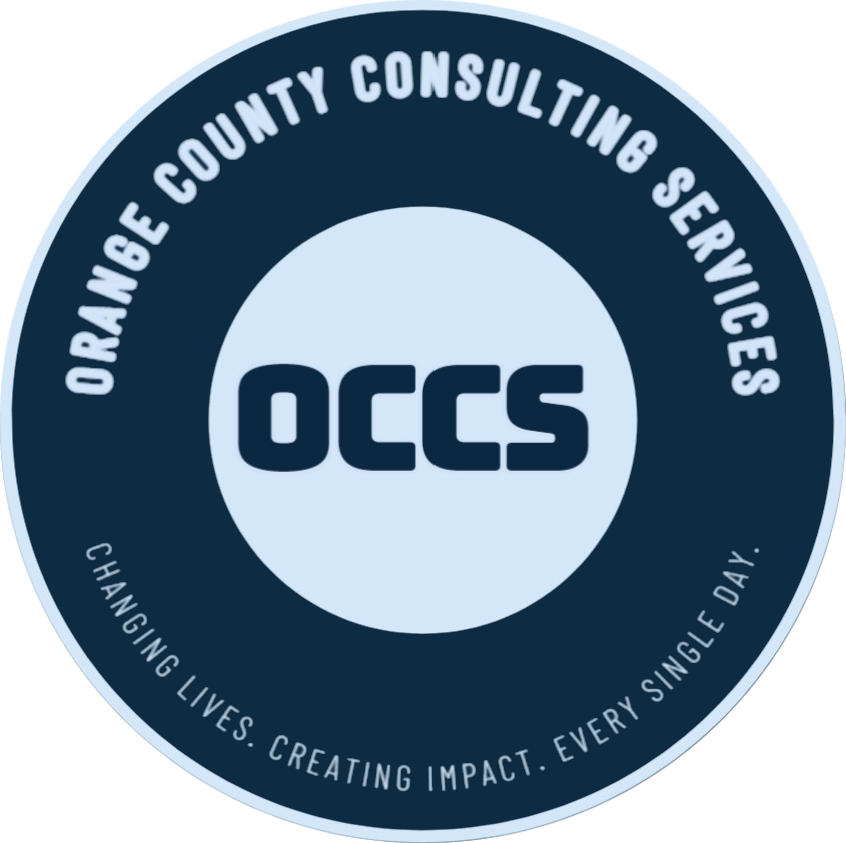Useful Statistical Methods for Defining Product and Process
Scientists, Design Engineers, and Manufacturing/Process Engineers must develop product and process specifications that ensure that products delivered to customers perform their intended functions over time. If specifications are too wide, the risks of inadequate product performance and product failures increase. If specifications are too tight, the costs to ensure conformance increase. Scientific and engineering theory, knowledge, and principles play an important role in developing specifications, but usually this must be combined with testing and data analysis to verify appropriate specifications.
This webinar by industry expert Steven Wachs, covers useful and important statistical methods that assist scientists and engineers in the development of appropriate product and process specifications.
Steven will start the webinar with a basic review of what specifications are and why they are important along with the risks of inappropriate specifications. He will discuss several methods to characterize existing product or process data that help determine whether proposed specifications are feasible or perhaps unnecessarily liberal. The typically confusing terms of coverage probability and confidence levels will also be reviewed in some detail. Steven will also discuss, the use of predictive models in developing specifications of inputs to ensure adequate responses.
Finally, the use of Monte Carlo Simulation will be briefly discussed as a way to further optimize specifications to achieve optimal outcomes.
Webinar Objectives
Often, product specifications are established based on historical precedent or are changed in response to a problem that arises. However, methods exist to ensure that product specifications are appropriate to ensure products perform their intended function over time. This webinar delves into various statistical methods that are useful for defining or confirming that product and/or process specifications are appropriate
The information gained in the webinar will allow you improve your ability to develop appropriate and defensible specifications. This manages the risks of overly liberal specifications and the costs associated with overly conservative specifications.
Webinar Agenda
- Review Product/Process Specifications and why they are important
- Learn methods for characterizing existing process data to describe expected variation in the population (Reference Intervals, Tolerance Intervals)
- Using predictive models, identify input parameter specifications that ensure key outcomes will be met with high confidence
- Use Monte Carlo simulation with predictive models to optimize specifications
Webinar Highlights
- How to use existing data to characterize the expected distribution of the population and using defined cut-offs, help to establish product specifications (or determine if the specifications are realistic)
- How to use predictive models developed using regression or Design of Experiments to set key process or product input specifications that will ensure the desired outcomes are achieved
- How to use Monte Carlo Simulation to further optimize parameter target values and specifications
- How to supplement engineering and scientific knowledge with statistical methods to develop the best possible specifications
Who Should Attend?
- Design Engineer
- Engineering Manager
- Quality Engineer
- Quality Manager
- Product Engineer
- Program / Product Manager
- Product Design Engineer
- Scientists
- Process Engineer
- Manufacturing Engineer
We also Recommend
Date
Conferences
Duration
Price
Register
Jun 14, 2023
90 Mins
$199.00
Feb 26, 2020
90 Mins
$199.00
